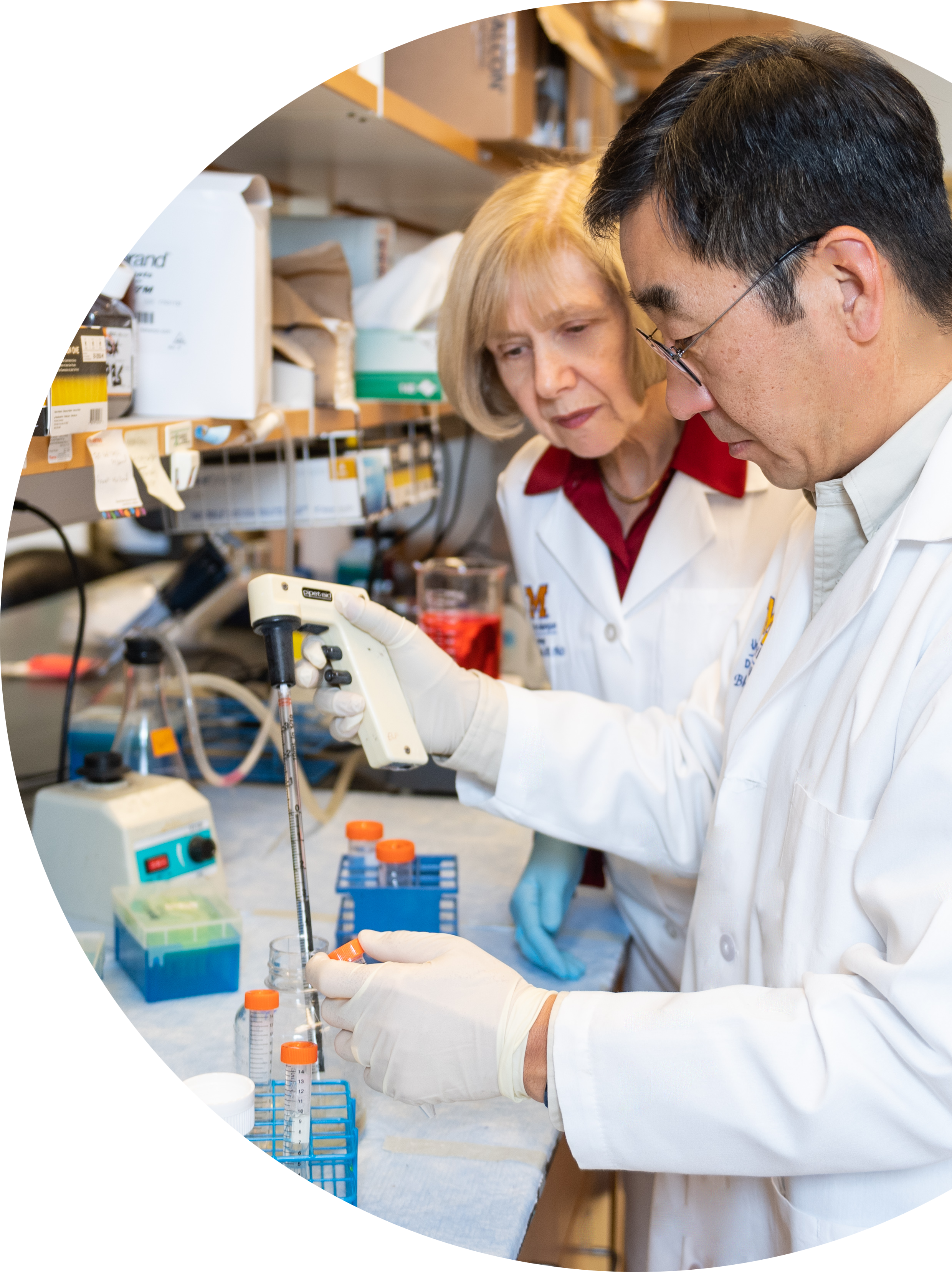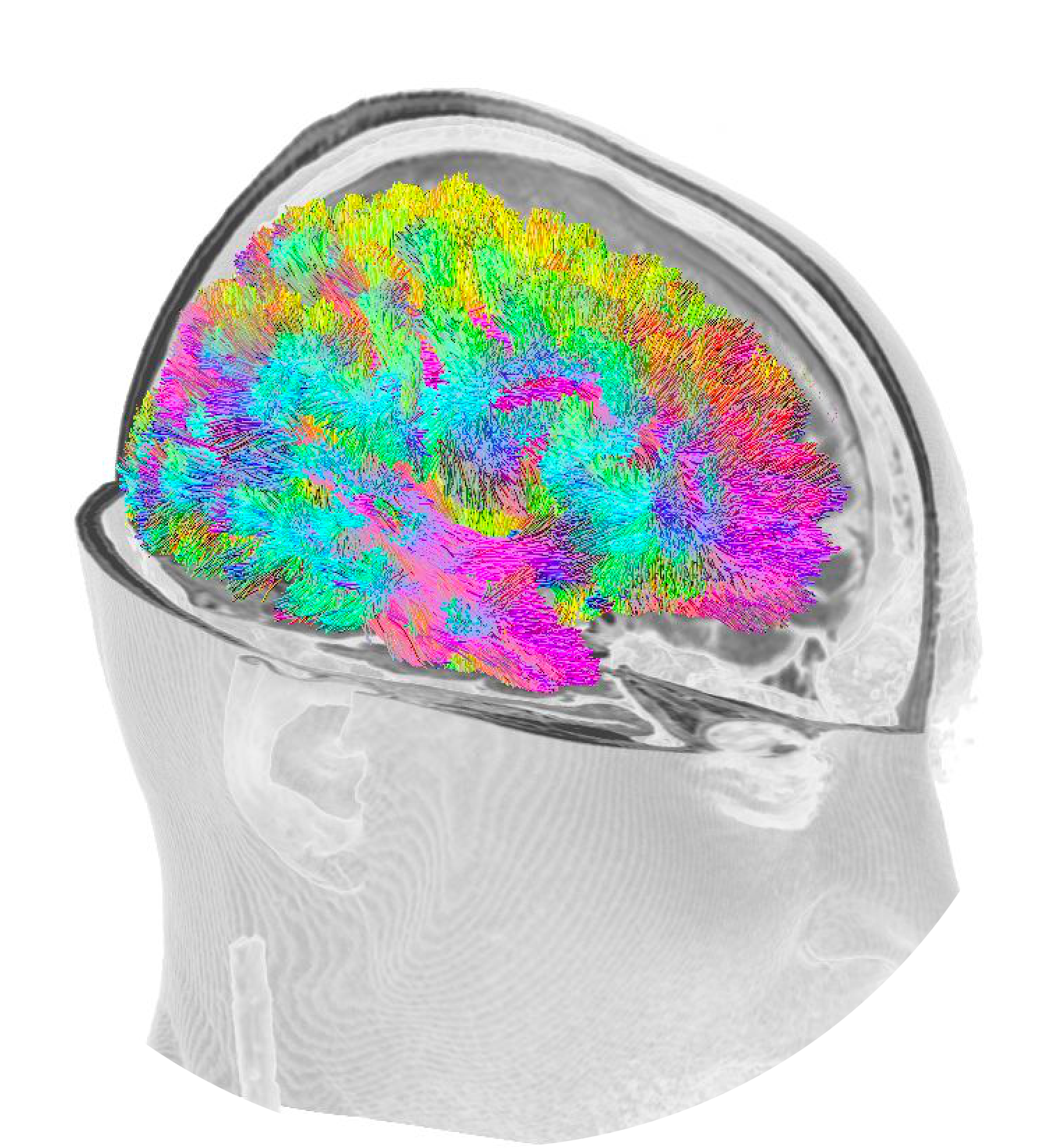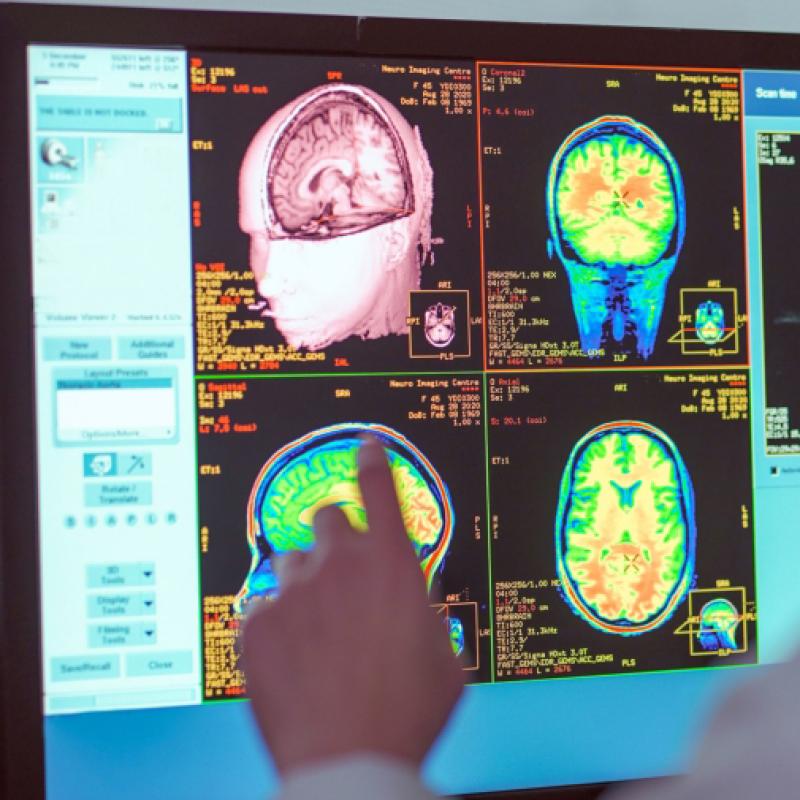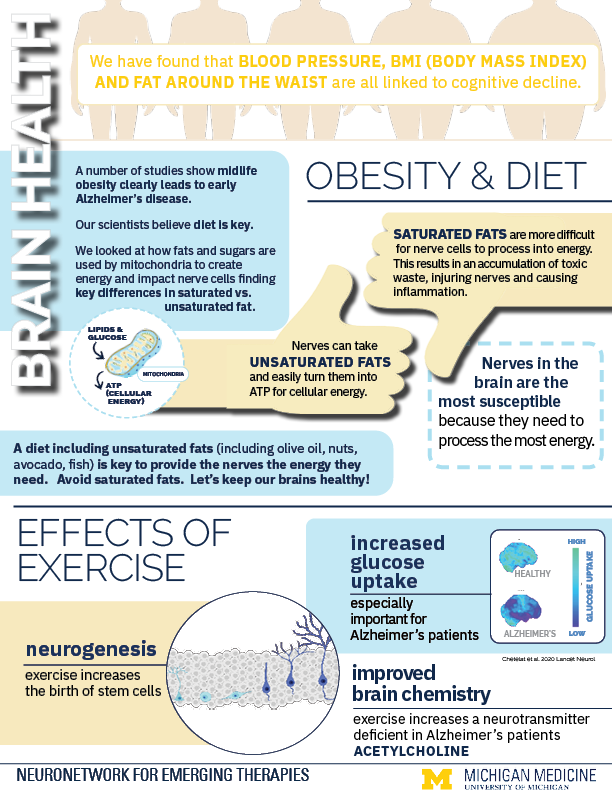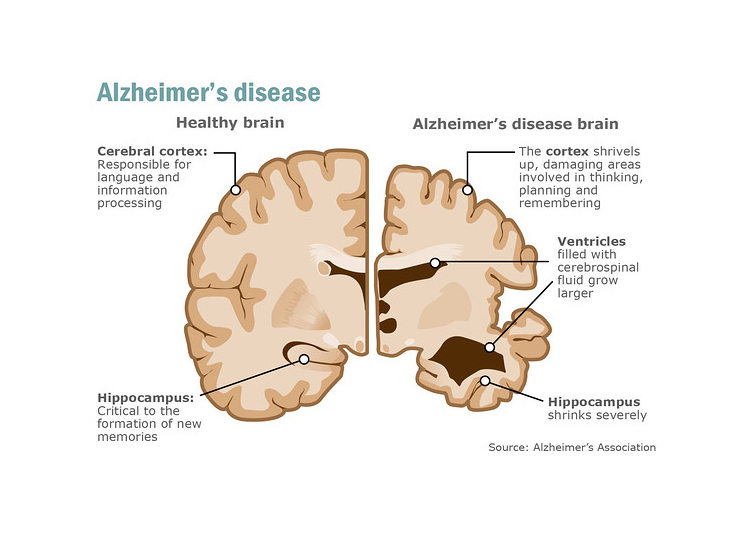The aging population is continuing to grow in the United States and around the world. As we age, our risk of developing cognitive decline and dementia (including Alzheimer’s disease) increases dramatically. Research suggests that cognitive decline is linked to obesity and metabolic dysfunction, including type 2 diabetes. Considering the global epidemic of obesity and metabolic dysfunction, along with the growing aging population, improving brain health – particularly throughout the human lifetime – is increasingly important
- Approximately 11% of adults 45 years of age or older in the United States report experiencing worsening symptoms of memory loss in the past 12 months.
- Cases of dementia worldwide are currently estimated to affect 55 million people, and these numbers are expected to increase.

